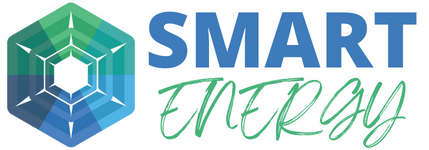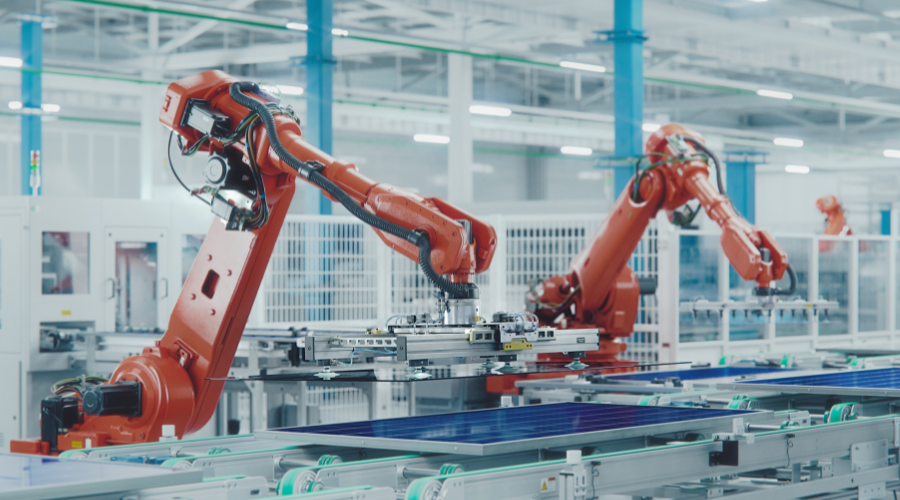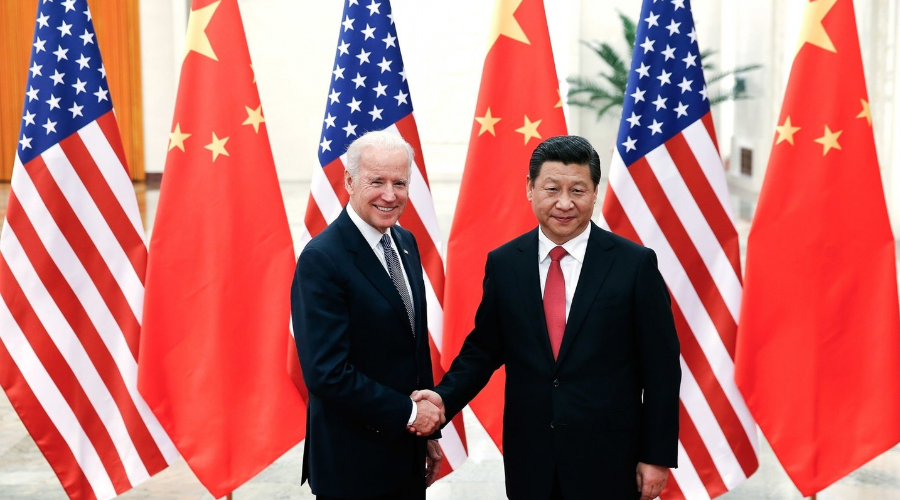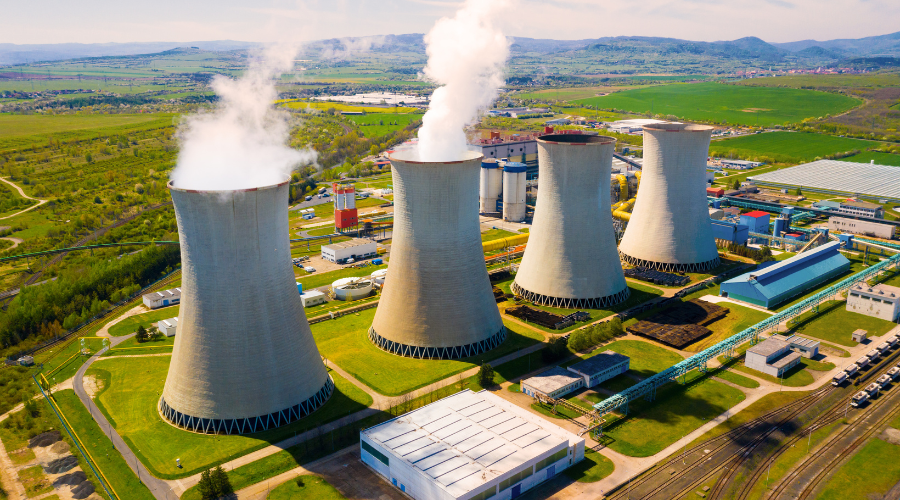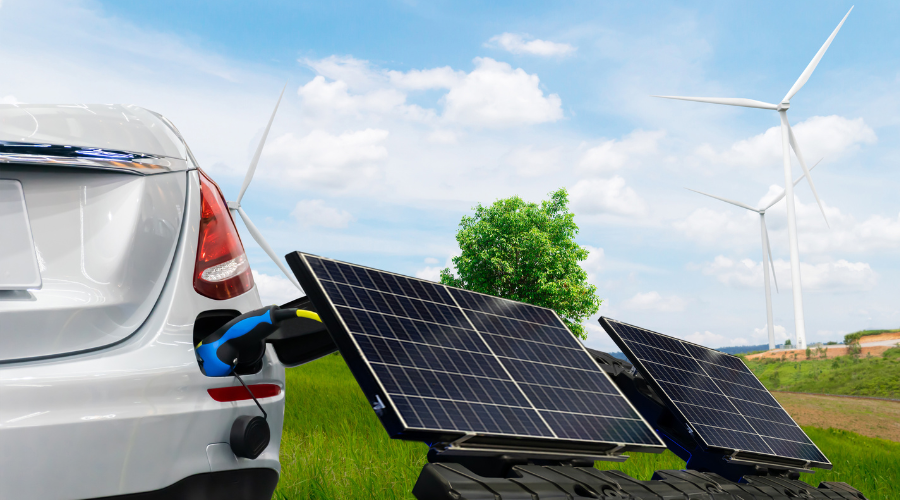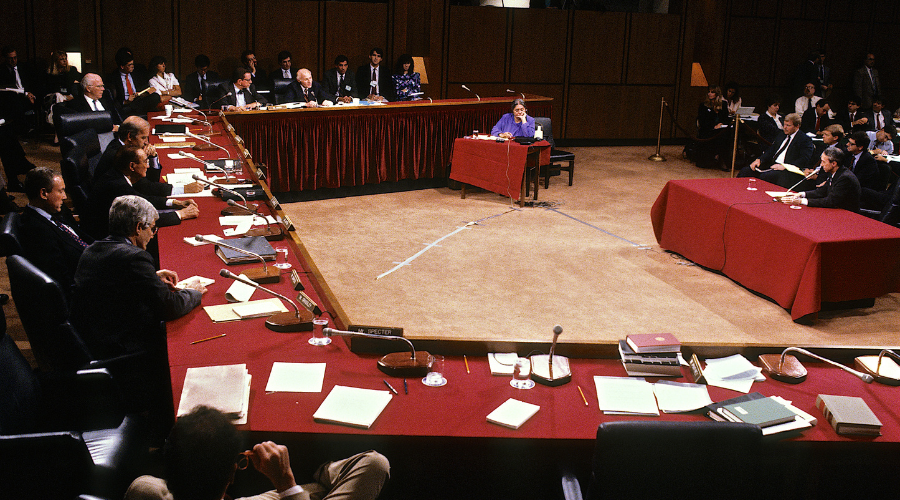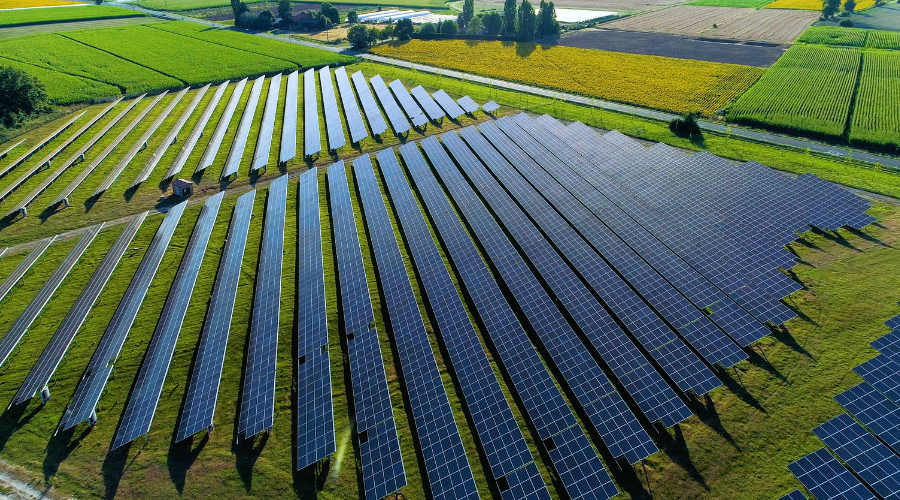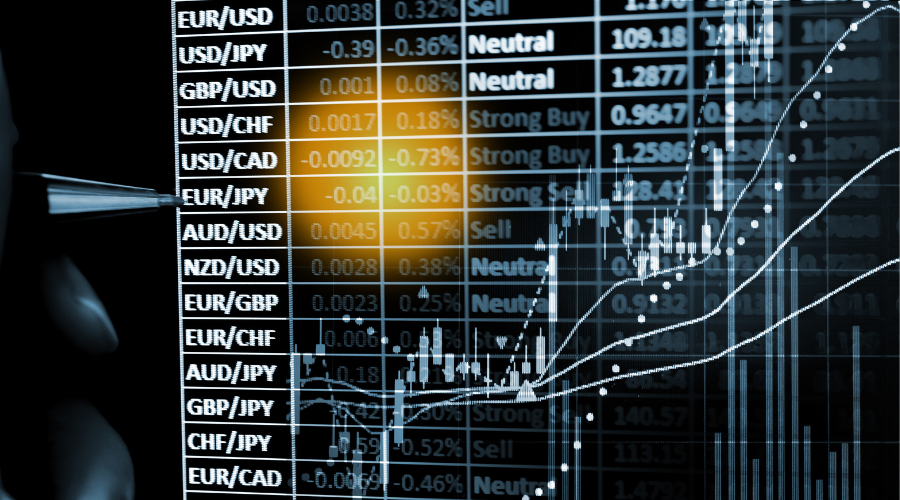Chemnitz, Germany – At the Heckert Solar assembly floor in Chemnitz, robotic arms meticulously install silicon solar cells onto glass panels, symbolizing Europe’s renewed push towards solar power. As the continent faces an energy shortage due to the decline of imported Russian natural gas, countries like Germany are turning to alternative sources, particularly solar energy.
Europe aims to make solar power its primary energy source by the end of the decade, tripling its current solar energy output by 2030. Germany, in particular, seeks to revive its solar power industry, which had previously thrived but succumbed to fierce competition from China.
Heckert Solar’s head of marketing, Uwe Krautwurst, reminisces about Germany’s golden age in the solar power industry, which saw the country become a global leader. However, changes in government policies in 2013 resulted in a collapse of the industry, leading to massive job losses and China’s dominance in the market.
German companies watched as their Chinese counterparts gradually took over the entire solar power supply chain. China now manufactures 97% of silicon wafers and over three-quarters of the world’s solar panels. Joachim Goldbeck, CEO of Goldbeck Solar, suggests that the United States, under the Biden administration’s Inflation Reduction Act, could potentially challenge China’s solar dominance with similar strategies.
Although German politicians discuss revitalizing the solar industry, the lack of substantial subsidies and tax credits hampers progress. However, German member of parliament Katrin Uhlig believes that Germany and the European Union are prepared to offer significant incentives, with the EU targeting at least 80% renewable energy in the electricity sector by 2030.
Europe’s solar industry anticipates a shift in the global balance, away from China and towards Europe and the United States. Gunter Erfurt, CEO of Meyer Burger, a Swiss solar panel manufacturer, emphasizes the need for significant investments and state aid to make the industry more competitive. However, time is of the essence, as delays in policy implementation hinder progress.
While waiting for legislation to pass, Meyer Burger has opted to build its next major solar panel plant in Arizona, taking advantage of the tax credits offered under the U.S. Inflation Reduction Act.
The urgency to act is echoed by Uwe Krautwurst, who warns against the dangers of a continued Chinese monopoly on solar panels. Without a thriving industry in the European Union, innovation and research in solar power would be stifled.
Germany, once a trailblazer in the solar power sector, hopes to reverse its fortunes and contribute to the growth of the industry once again.
